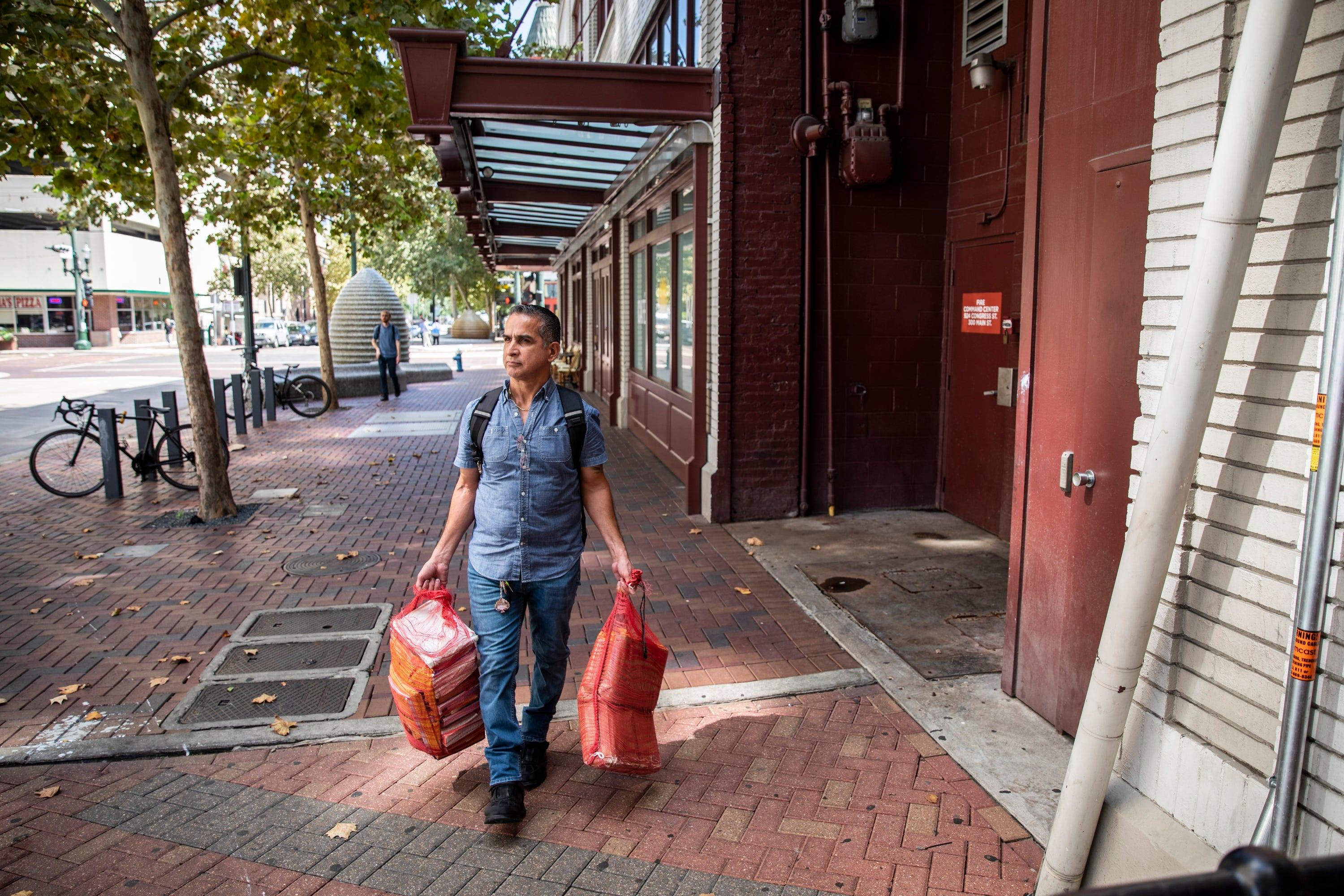
One night in 2006, Houston police pulled him over for a missing license plate and told him to walk a straight line. Vara said that he hadn’t had a drop to drink and that he passed the sobriety test. Officer William Lindsey said otherwise. At trial, jurors were told about Lindsey’s expertise evaluating drunken drivers. They were told about Vara’s two previous DWIs. What jurors weren’t told: Officer Lindsey had been found guilty of misconduct by his department 35 times. He was investigated for padding his overtime – by manipulating DWI arrests so he would have to be called to testify. In a case that came down to one man’s word against another’s, jurors believed the police officer. Vara was sentenced to 25 years in prison. What happened to Vara has been unconstitutional for more than 50 years. The U.S. Supreme Court ruled in 1963 that prosecutors must tell anyone accused of a crime about all evidence that might help their defense. That includes sharing details about police officers who have committed crimes, lied on the job or whose honesty has been called into doubt. A USA TODAY Network investigation found that widespread failure by police departments and prosecutors…